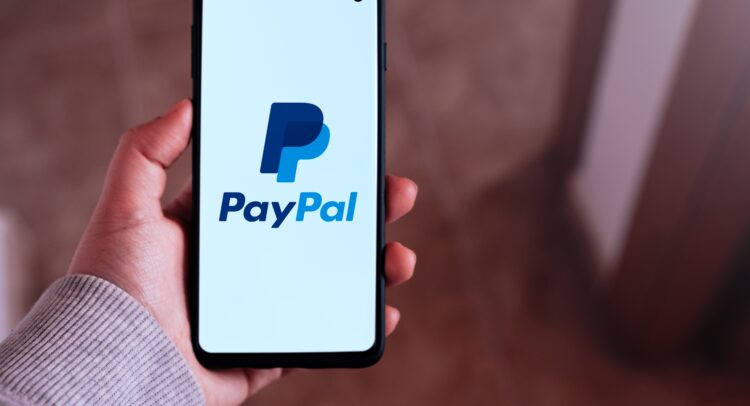PayPal has introduced „Pay with Crypto,“ a significant expansion aimed at integrating digital currencies into everyday commerce and enhancing merchant payment options ahead of its Q2 earnings report. This new feature allows U.S.-based merchants to accept over 100 cryptocurrencies—including Bitcoin, Ethereum, Solana, USDT, USDC, and XRP—at checkout. Through seamless integrations with leading digital wallets such as Coinbase, MetaMask, OKX, Binance, Kraken, Phantom, and Exodus, PayPal is positioning itself at the forefront of mainstream crypto adoption for merchants.
Critically, transactions paid through the new service are automatically converted into PayPal’s stablecoin (PYUSD) or local fiat currency at the point of sale. This eliminates the traditional volatility associated with holding crypto assets, ensuring that merchants receive exact payment values in their preferred currency. For businesses, the service promises notable cost reductions, with transaction fees set at just 0.99%—substantially lower than typical credit card processing fees.
PayPal’s initiative seeks to simplify international commerce by providing a faster, lower-cost alternative to conventional cross-border payment solutions. With near-instant settlement and reduced transaction complexity, merchants can tap into global markets without facing the usual hurdles tied to international payments, currency conversions, and cross-border fees. Additionally, PayPal’s platform unlocks new revenue streams through incentives such as crypto rewards for stablecoin holdings and enhanced integrations for digital asset management.
This expansion reinforces PayPal’s broader strategy to make cryptocurrencies a practical tool for both consumers and businesses—not solely as investment vehicles but as everyday mediums of exchange. As PayPal continues to partner with global payment and wallet providers, the “Pay with Crypto” feature is expected to further accelerate the mainstream adoption of digital assets across the global commerce landscape.
